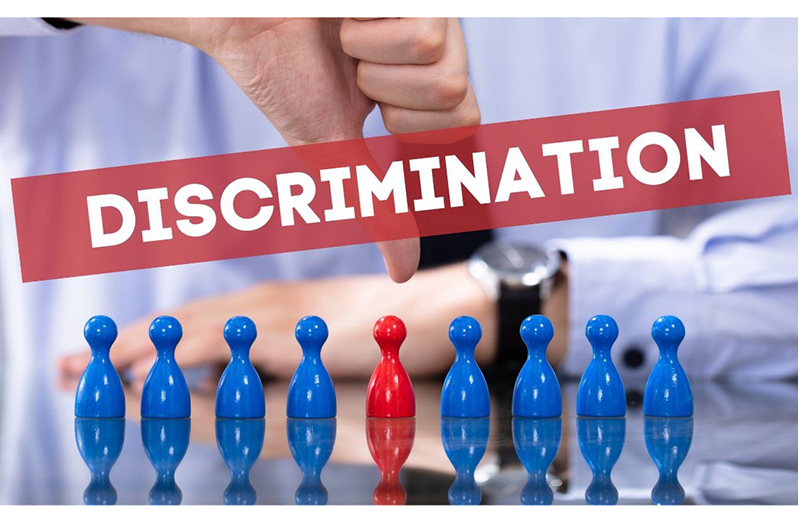SERVICE delivery is an essential aspect of business or public relations. Understanding the value and significance of how service providers deliver their services to the customers and clients is important. I know various components make up the entirety of effective service delivery, but I’m not writing this column section to enlighten you about them—at least not this week. For now, I’d like to focus on the importance of practising non-discriminatory behaviour and ethics while providing effective public service. I’ve stood in lines where the service provider appeared to be “nicer” to the customers because they looked a certain way.
This happened with hygiene/physical appearance, race, ethnicity, persons living with disabilities, gender, or some form of prejudice and discrimination. This has always irked me to my core—no matter which country I’m in or the service I seek. Discrimination may come directly or indirectly. Direct discrimination occurs when they treat you differently or worse than others because of your characteristics, appearance or persona. Indirect discrimination, on the other hand, involves a policy that may look fair to all, but in reality, it puts a specific set of persons at a disadvantage.

Discrimination is against the law if it’s evident in public spaces such as registered clubs, work, education, provision of goods & services and accommodation, according to Anti- Discrimination NSW. No one should be made to feel excluded, judged or mistreated because of how they look or who they are. It’s unfair and even unconstitutional. Service delivery providers in Guyana’s public and private spheres ought to create discriminatory-free environments. It starts with employing persons that won’t enforce their personal beliefs or prejudices onto others. I shouldn’t have to ask persons of another race to call to inquire about rent and prices on my behalf.
I shouldn’t have to be afraid of a consultant increasing their rates because of how I look. I shouldn’t have to overlook how others are treated with the best of manners while I’m treated with disdain because of a specific characteristic of mine. That is unacceptable, especially in this given day and age. I urge you all to learn about your rights—at all public and private institutions levels. I urge you not to be afraid to speak to the necessary authorities about your concerns. There should be no fear of further victimisation. It’s either you can serve objectively and effectively or don’t do it at all.
You, as every citizen of this land, deserve to be treated with respect wherever you’d like to seek services. It is my hope that we practise a better customer service and service delivery approach in Guyana and across the world. We’ve come this far, only to still not grasp some of the essence of what is required of us to remain humble and respectful human beings. I hope we can do better.




.jpg)









